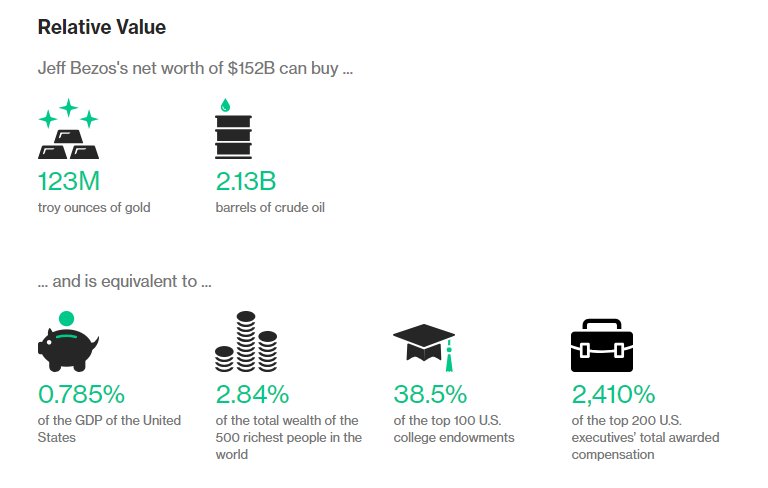
1) If you want to get better at golf, go back and take it up at an earlier age
2) The game of golf is 90% mental and 10% mental
3) Since bad shots come in groups of three, a fourth bad shot is actually the beginning of the next group of three
4) When you look up, causing an awful shot, you will always look down again at exactly the moment when you ought to start watching the ball if you ever want to see it again
5) Any change works for a maximum of three holes – or at a minimum of not at all
6) No matter how bad you are playing, it is always possible to play worse
7) Never try to keep more than 200 separate thoughts in your mind during your swing
8) When your shot has to carry over a water hazard, you can either hit one more club or two more balls
9) If you’re afraid a full shot might reach the green while the foursome ahead of you is still putting out, you have two options: you can immediately shank a lay-up, or you can wait until the green is clear and top a ball halfway there
10) The less skilled the player the more likely he is to share his ideas about the golf swing (more…)





 Hope is a four letter word.An appropriate acronym for H.O.P.E could be ;
Hope is a four letter word.An appropriate acronym for H.O.P.E could be ;

 Fear is not always a bad thing, though. In fact, for traders, feeling fear is not a problem, as long as they don’t panic and allow it to drive them out of or in to trades.
Fear is not always a bad thing, though. In fact, for traders, feeling fear is not a problem, as long as they don’t panic and allow it to drive them out of or in to trades.